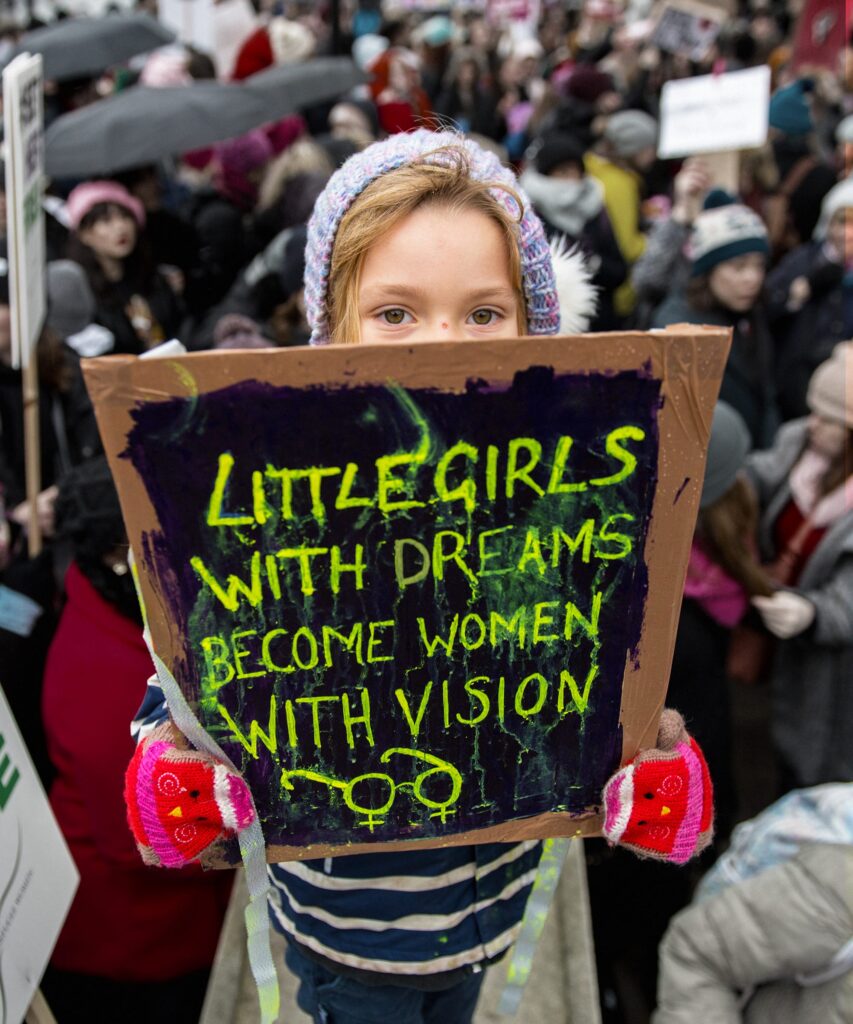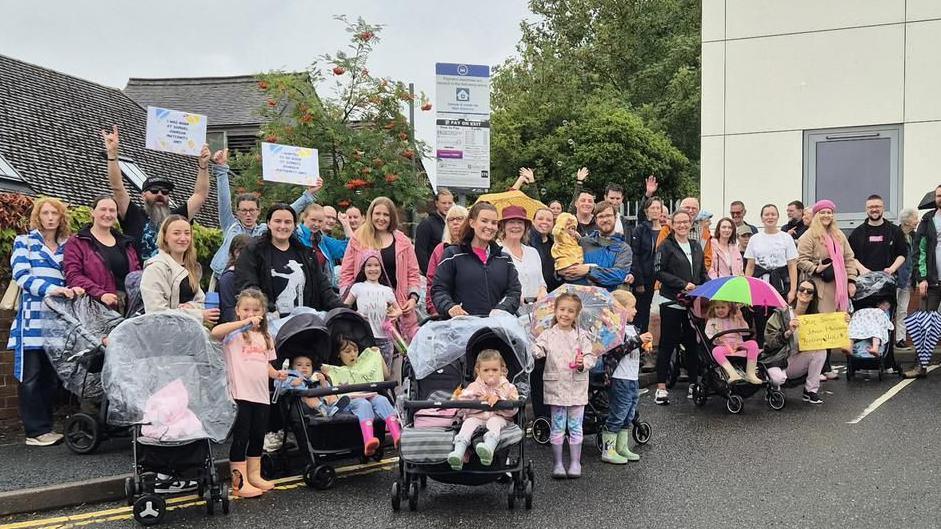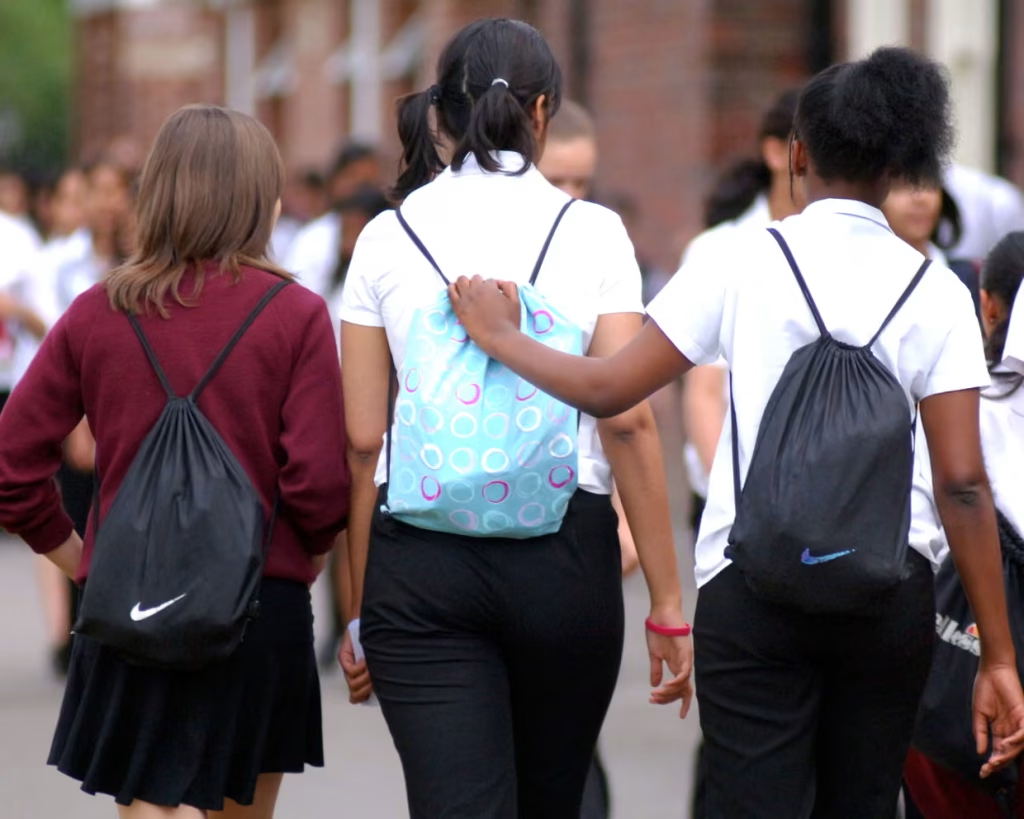Gone are the days when motherhood was confined to nursery rhymes, spit-ups, and playdates.
Increasingly, mothers across the UK are swapping quiet carer roles for loud activism, pushing
back on systems they say fail their children and demanding change with strollers in hand and
voices raised.
From housing campaigns to air pollution, from flexible work demands to better childcare—mum
activists are no longer just managing the day-to-day. They’re demanding a future that works for
their kids. And the momentum is building.
When the Pram Becomes a Banner
You might see a mum pushing a pram down the high street, and think: typical. But look closer.
That pram might carry protest signs. That mum might be heading toward a rally.
Meet Pregnant Then Screwed—a UK campaign group born out of maternity discrimination.
When they launched their March of the Mummies, thousands of mothers rallied across multiple
cities demanding reform in childcare, flexible working, and parental leave. Pregnant Then
Screwed+1 The visual is powerful: mums, often with babies or toddlers in tow, marching through
streets, dragging strollers and demanding rights.
Then there’s Mums for Lungs, founded in 2017, tackling one of the being-in-parenthood
burdens: air pollution. These mums argue that “clean air isn’t a luxury — it’s a right for every
child’s lung.” Wikipedia Their activism includes pushing for car-free zones, campaigning against
wood burning stoves, and demanding stronger policies to reduce airborne toxins that
disproportionately harm children.
These aren’t fringe causes. They represent the daily struggles mothers see: that their children
walk to school breathing exhaust, that affordable childcare feels mythical, that workplaces
expect mothers to shrink into roles. And the activism is resonating.
What Drives a Mum Activist?
- When the system fails your child
Mothers often turn to activism when they see firsthand the cracks in the system. The story of
Focus E15 is instructive: a group of young single mums in London, threatened with eviction, banded together to occupy empty council flats and fight for housing rights. The Guardian+1 - Their action wasn’t symbolic—it changed lives.
- Every cause becomes connected
For a mother juggling child care, school runs, and part-time work, issues overlap. Air pollution?
That’s a health crisis. Childcare access? That’s a workforce and freedom issue. Safe streets?
That’s security. These problems don’t exist in isolation — they compound. So mums refuse to
silo their activism. - Motherhood as moral authority
Mothers often argue their voice carries weight precisely because their children are at stake. “I’m
not just protesting for myself — I’m doing this so my child has a fair shot,” is a common refrain.
This framing gives their activism an emotional and moral legitimacy that’s hard to dismiss. - Community & shared experience
Activism isn’t just public — it begins in kitchen conversations, local parenting groups, social
media forums. The sense that “I’m not alone in this” empowers more mothers to step forward.
The Challenges They Face
Of course, taking up activism while being a mum is far from effortless.
● Time constraints & burnout: Between diapers, school runs, part-time jobs, and
protests, many mum activists deal with genuine exhaustion.
● Judgment & stigma: Some face criticism from those who believe “mums should stay
home,” or questions like “How can she protest when she has children to look after?”
● Access to power: Protests and campaigns often demand money, media access,
connections. Turning passion into influence requires resources many mums lack.
● Intersectionality matters: The voices of privileged mothers sometimes dominate.
Mothers of colour, disabled mothers, single mothers, or those in low-income areas often
struggle to get visibility or leadership recognition.
Activism for some is a buoy; for others, it’s survival.

Real Voices: What Mum Activists Are Saying
● “I dragged my buggy to a protest for safer sidewalks after too many near-misses with
school traffic. My child’s route should be safe. That’s not radical — that’s basic.”
● “When I talk about my child’s asthma triggered by air pollution, people switch off. But
when I put on the #MumsForLungs badge, people listen.”
● “I’ve always done playdates, but now I organise mothers to lobby the council for better
green spaces. What’s wrong with dirty teacups if your child can’t breathe?”
● “We marched during nap times and got glares, yes. But we also got signatures, media
calls, and the council attention.”
These stories show that activism isn’t a luxury — it’s urgency with a pram.
What Mum Activists Are Demanding Instead
Because this isn’t talk — this is action. Here’s what they’re pushing for:
- Why This Matters to Everyone
Even if you’re not a mum, this movement shifts society. Because:
● When mothers fight, they do it for whole families — children, fathers, communities.
● Issues like air pollution, access to green space, housing stability, and safe public
infrastructure affect all citizens.
● Mums activism tends to be hardwired into daily life — they bring persistence, emotional
intelligence, and community roots.
The narrative is changing: activism isn’t just marches — it’s playdates doubled as local
organising, prams used to carry flyers, babywearing in solidarity. It’s messy, it’s real, it’s
grounded in the life being raised.
The Takeaway
Prams, playdates and protests used to be separate scenes — motherhood and activism didn’t
always live in the same breath. Now, they’re entwined. And as more mothers refuse to settle for
a future defined by compromises, we’re witnessing a movement that’s not politely asking. It’s
demanding.
With prams at the front line, mothers are refusing to wait for “permission” to fight. They’re
building change—for their children, for themselves, and for everyone who shares their streets,
skies, and communities. - Affordable, universal childcare
With costs so high, many mothers feel trapped. Demand: public investment, subsidy
support, accessible local provision. - Flexible working as default
Not “ask permission,” but the starting point. Mums argue flexibility should be legally
presumed, not exceptional. - Clean air and safer streets
More school zones closed to traffic, low emission zones, strict building codes, better
public transport, and pedestrian-first mapping. - Housing justice & family security
Secure tenancies, proper family homes, eviction protections, and participation in
housing decisions. (Cue Focus E15 story.) - Visibility in politics & policy
Mothers want seats at the table. Not just being “consulted,” but shaping legislation - Support networks & legal backing
Mothers demand funding for grassroots groups, legal aid for mothers facing family court
issues, mental health support tailored to carers. - Elevation of historically marginalised voices
Amplify BAME mothers, mothers with disabilities, and single mothers, ensuring they
lead conversations not just participate in them.
And that’s a revolution you can see in the stroller trails.





